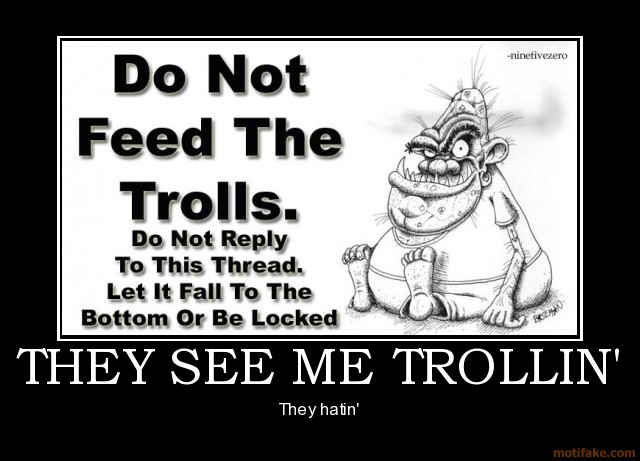LEGO has always been fiercely protective of its brand and reputation, and even though their decisions don’t always make sense, they have tried to stay away from politics and violent themes. Their approach has always seemed somewhat contradictory to me. I’ve written about their aversion to politics before, and I remain skeptical that a toy company can produce as many themes as LEGO and still remain politically neutral. I’ve also always been a little skeptical at their stated position of keeping violence out of their themes and sets given that I own a lot of official LEGO guns and many of their most popular sets include themes of criminals and violence. Themes of cops and robbers and pirates show up in many sets, and this year, the new-release modular includes explicit references to money laundering. So, while I believe LEGO has the right to practice brand management, I also see a lot of contradictions in the execution of their brand management.
In November, LEGO found themselves at the center of a censorship controversy involving artist Ai Weiwei. Weiwei claimed he had attempted to make a bulk purchase from LEGO for his art project at the National Gallery of Victoria. Weiwei said LEGO denied this claim, stating that the group “cannot approve the use of LEGOs for political works.” This statement seemed damning enough on the surface, and many expressed outrage at the perceived censorship of Weiwei’s work. But, it’s never been that easy to make a bulk order directly from LEGO. Typically, these bulk orders involve a discount and are reserved for certified builders and recognized LEGO User Groups who meat certain, specific criteria. LEGO responded to the criticism with the following statement:
“Anyone is welcome to LEGO bricks via normal sales channels for their projects, we see thousands of projects daily … we just can’t offer direct bulk purchases to facilitate such projects. We hope this helps to explain things!”
To me, this case never felt like censorship. I’ve spent a lot of time roaming around LEGO community forums, and I knew about this policy long before Weiwei’s case hit the news. LEGO didn’t say he couldn’t do the project, just that they wouldn’t sell him discounted bricks and that he needed to get the bricks he needed in the same way (almost) anyone else would.
Tensions between how LEGO wants to be seen and what Adult Fans of LEGO (AFOL) want to build are not new. One of the more famous LEGO artists Nathan Sawaya discussed these tensions in his book The Art of the Brick. Sawaya wrote, “The first official contact I had with the LEGO Group was a cease and desist email.” And, “I think they were more worried about my use of the term “LEGO” properly than my actual work.” Sawaya writes about his ups and downs with the company, and writes his frustration with the company led to the creation of his work Skulls, writing, “I wanted to do something that was “anti-childhood toy,” that was about a really un-LEGO them: death.
Sawaya’s read that his cease and desist letter was more about brand management than what he was actually building seems to also follow in Weiwei’s case. LEGO recently (sort of) reversered their decision saying they won’t ask what bulk purchases will be used for, issuing the following statement:
“Instead, the customers will be asked to make it clear — if they intend to display their LEGO creations in public — that the LEGO Group does not support or endorse the specific projects.”
To me, this seems mighty close to what happened originally. The statement from LEGO suggests they might have relaxed their standards a bit, but I haven’t found any reference to whether or not that extends discounted orders. Either way, it seems brand management is at the center of all of this. LEGO has always been serious about brand management, and they even have a pretty extensive publication about fair use, which I’ve used in my classes. The document describes their policies, and the who, what, when, where, and why’s of these policies. And, this new policy seems to remain consistent with their already stated policies.
I love what artists have done with LEGO, but I also understand the company’s desire to protect their brand. Yet, sometimes their decisions aren’t very consistant. Sawaya has more than one piece that could arguably be called politically charged, but at the same time, he seems to have worked toward building a workable relationship with the LEGO Group. Perhaps the conclusion of the Weiwei case will ultimately make it easier for the average person to buy bulk bricks directly from LEGO, but I doubt it. I think it’s more likely that purchasers will still have to meet certain criteria (similar to the old criteria) to be eligible for bulk orders.




